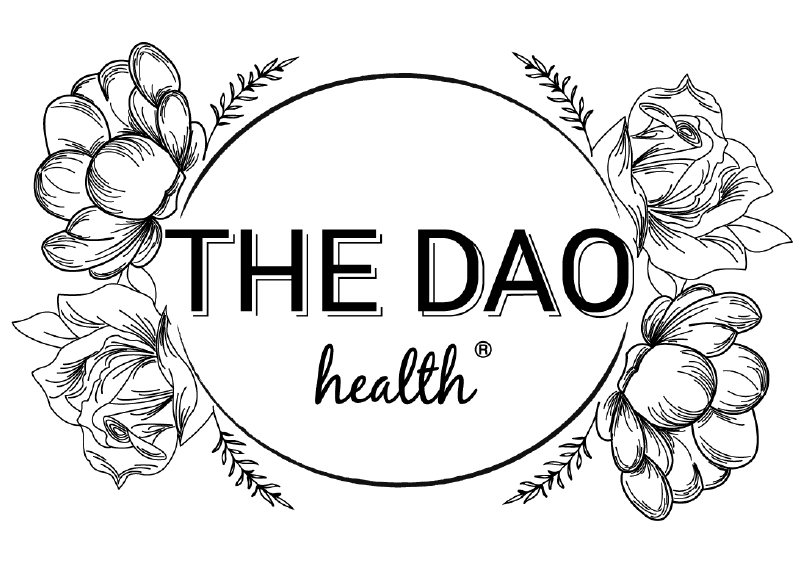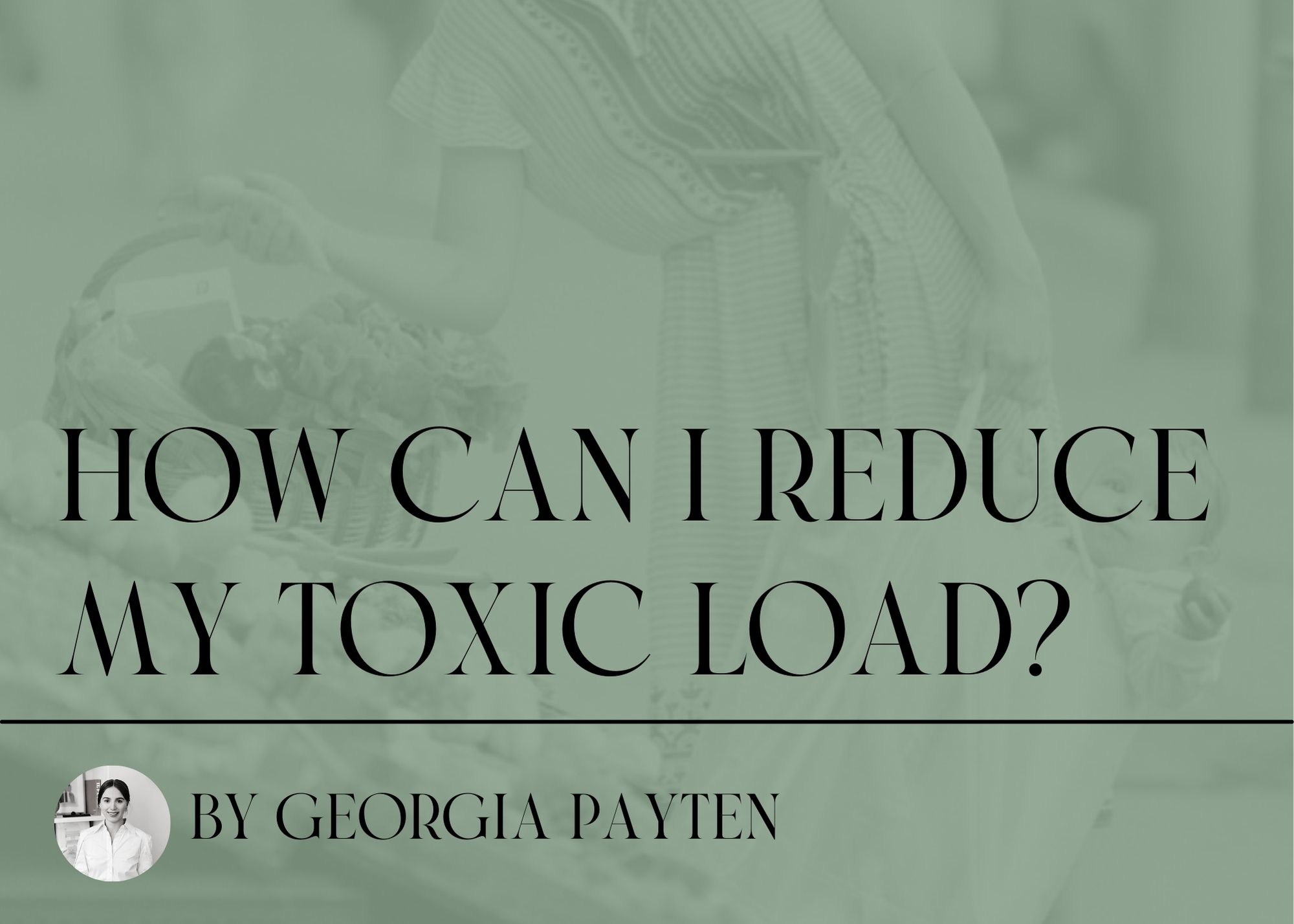The Dao Does… What are Environmental Toxins? And how can I reduce toxic load?
Over the last 40 years, an increasing number of publications have reported and debated the potential associations between endocrine-disrupting chemicals (EDCs) and chronic disease including declining human fertility. Every day, we are surrounded by hundreds or thousands of synthetic chemicals. They are in our food, clothes, tools, furniture, toys, cosmetics, and medicines. Our society would not be the same without these substances. However, despite their usefulness, we know many of these substances can have negative impacts on our health and the environment.
What are endocrine-disrupting chemicals?
Endocrine-disrupting chemicals mimic the action of naturally-produced hormones, such as Oestrogen or Testosterone, which then sets off similar chemical reactions in the body. This then blocks cellular hormone receptors, preventing normal hormonal action and affecting hormone synthesis, transport, metabolism, and excretion, altering natural hormone concentrations.
How could you be exposed to Endocrine Disrupting Chemicals (EDC)?
Our highest exposure to EDCs includes:
● Bisphenol A – These are found in plastic containers, canned food lining, and thermal receipts.
● Phthalates – Found in plasticisers, personal care products, and fragrances.
● Flame retardants – These are found in upholstered furniture, electronics, and textiles.
● Mercury – Found in large fish including Tuna, dental amalgams, and mercury thermometers.
How can you reduce toxic exposure in your day-to-day life?
The best way to begin to reduce toxic exposure is to think of cheap or free, practical, and easy ways to make changes.
1) Fruit & Vegetables – When buying fresh produce, I recommend heading to your local Farmer’s markets to pick up what’s in season. Farmer’s markets are a great way to buy organic produce at a cheaper cost. I also recommend considering the clean fifteen & dirty dozen, when buying fruit & vegetables as well as consuming a diet rich in abundant vegetables, nuts, seeds, herbs, olive oil, legumes, wholegrains. With minimal consumption of processed foods, high-fat meats, and refined sugar.
2) Seafood & Fish – Being mindful of the kinds of fish you are consuming – We know the importance of fish consumption for Omega 3’s and Selenium, however, we recommend avoiding larger fish including Tuna and Tasmanian farmed Atlantic salmon. Alternatives include smaller fish like Sardines or Atlantic Mackerel, which are rich in nutrients and have been shown to not contain the mercury levels of the larger fish alternatives.
3) Reduce plastics inc. plastic containers, plastic bottles + packaging – I recommend switching over to glass tupperware, where possible, and avoiding heating up any food in plastic containers in the microwave.
4) Altering personal care products including choosing paraben, phthalate, and phenol-free – When purchasing your next skincare and/or makeup products, look for alternatives that are paraben, phthalate, and phenol-free. As much as we want to avoid ingesting these chemicals, we also want to minimise absorption through the skin barrier. A great APP I would recommend is ‘Think Dirty”, it is an easy way to learn about the potentially toxic ingredients in your cosmetics and personal care products.
5) Avoiding non-stick cookware in the kitchen – Changing your cookware can be a big investment, however, the long-term benefits of switching to cast iron or stainless steel cookware will reduce PFAs, which can affect thyroid function, increase chances of Kidney and Liver disease as well as leading to low birth weight in babies.
6) Supporting daily detoxification – Supporting the elimination process through breathing, moving the body, sweating, passing regular daily bowel movements and urination are all simple ways to support daily detoxification. I recommend adequate fibre intake and water consumption, supplementation of any nutritional deficiencies if needed as well as lifestyle strategies including regular exercise, saunas, and Epsom salts baths
For further information and guidance on ways to reduce toxic load, chat with one of our TCM practitioners at your next appointment.
~
By Georgia Payten
References:
Green MP, Harvey AJ, Finger BJ, Tarulli GA. Endocrine disrupting chemicals: Impacts on human fertility and fecundity during the peri-conception period. Environ Res. 2021 Mar;194:110694.
https://www.eea.europa.eu/signals/signals-2020/articles/living-healthily-in-a-chemical-world
Fowler, P; Bellingham, M; et al. Impact of endocrine-disrupting compounds (EDCs) on female reproductive health. Molecular and Cellular Endocrinology, Volume 355, Issue 2, 22 May 2012, Pages 231-239
Reducing prenatal exposure to toxic environmental agents. ACOG Committee Opinion No. 832. American College of Obstetricians and Gynecologists. Obstet Gynecol 2021;


